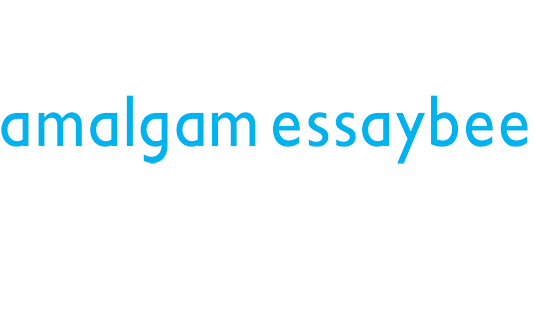words and their origins
I am fascinated by the English language and all the words we use, their origins and sometimes their spelling which confuses non-English speakers and well as us who can speak the thing.
Not only the language itself but the origins also of surnames. For example many are based on the person’s profession—Baker (obvious), Cooper (maker of barrels), Fletcher (maker of arrows), on place names, nicknames—like Kellogg* , and many other derivations.
As well as pouring over the etymologies in the Shorter Oxford English Dictionary and the following books, I’m forever seeking more.









Red Herrings and White Elephants The Origins of the Phrases
we use every day
by Albert Jack
Published by Harper Perennial 2005
ISBN 978 1 84454 461 5
The difference between being ’sacked’ and being ’fired’ is eye-opening. Being fired is the worse of the two.
Blooming English Observations on the roots, cultivation and hybrids of the English language
by Kate Burridge
Published by Cambridge University Press 2004
ISBN 0 521 54832 2
’This book celebrates our capacity to play with language, as well as
examine the way we use it.’
Weeds in the Garden of Words Further observations on
the tangled history of the English language
by Kate Burridge
Published by Cambridge University Press 2005
ISBN 0 521 61823 1
’If the English language is a glorious garden, then it is no surprise we will also find some weeds.’
Word Watching Field notes from an amateur philologist
by Julian Burnside
Published by Scribe Publications 2005
ISBN 1 920769 38 2
’Word meanings have drifted over generations of use. Stevedore is an aphetic adaptation of the Spanish estivador, which derives from estivar: to store a cargo.’
Port Out Starboard Home and other language myths
The fascinating stories we tell about words we use
by Michael Quinion
Published by Penguin Books 2004
ISBN 0 140 51534 8
’Barbecue …The local Arawakan Indians of the West Indian island of Hispaniola in the early days of European exploration had a method of erecting a wooden frame over aifire in order to dry or cure meat or fish. In their language, Taino, they called the frame a barbacoa. The Europeans who settled in the North American colonies began to apply the word to cooking meat rather than drying it, and that such outdoor cooking soon became a social event.
Language Most Foul
by Ruth Wajnryb
Published by Allen & Unwin 2005
ISBN 1 74114 776 X
’The first instance of the word cited by the OED is in Middle English in the name of a London street, Gropecuntlane, dated 1230. You have to wonder who named the street, and why, and what went on there—although you could probably hazard a guess.’
The Encyclopedia of Swearing A Social History of Oaths, Profanity, Foul Language, and ethnic slurs in the English-speaking World
by Geoffrey Hughes
Published by ME Sharpe 2006
ISBN 0 7656 1231 3
An interesting A–Z detailing all and their origins. Initially I thought it was another ’one of those books’. But it’s fascinating and well-researched.
The Etymologicon A Circular Stroll through the Hidden Connections of the English Language
by Mark Forsyth
Published by Icon Books 2011
ISBN 978 184831453 5
It’s an occasionally ribald, frequently witty and unerringly erudite guided tour of the secret labyrinth that lurks beneath the English language, taking in monks and monkeys, film buffs and buffaloes, and explaining precisely what the Rolling Stones have to do with gardening.
Slang Down the Ages The Historical Development of Slang
by Jonathon Green
Published by Kyle Cathie Limited 2005
ISBN 1 85626 6370
’Quaint, witty and disgusting locutions from the past.’
<
>
..........................................................................
 * Kellogg… Old English nickname for a Slaughterman, as they would ‘kill (a) hog’.
* Kellogg… Old English nickname for a Slaughterman, as they would ‘kill (a) hog’.
It is also quite a common surname in Essex, UK
< Back to great reading
..........................................................................
![]() See also etymologies
See also etymologies
..........................................................................



